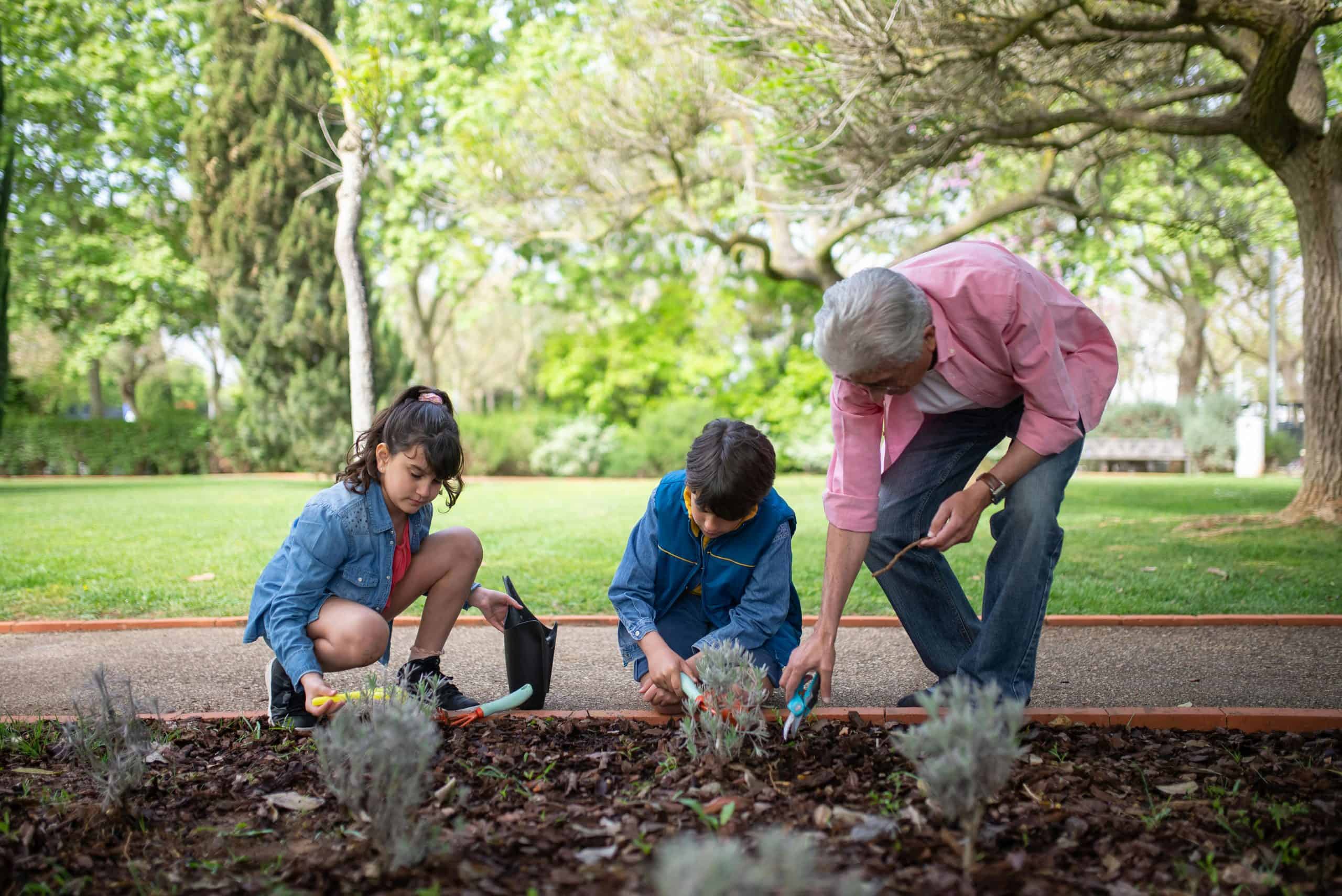How to Stay Involved Without Overstepping: A Grandparents Guide to Healthy Boundaries
It is ferociously important and often overlooked as a fine line between love and restrictions that grandparents must define in today’s parenting world. Grandparents, as endearingly cherished members of the family, infuse their grandchildren’s lives with much wisdom, love, and knowledge. Contributions may convert into stress and boredom, like anything, without VR, and sometimes with clearly understood boundaries.
Today, as parenting styles evolve rapidly alongside other family dynamics, being able to navigate these changes effectively is crucial. They should also be able to balance their yearning to nurture and care for their beloved grandchildren with the fact that they have to respect parents’ authority and decisions. This article will help grandparents establish healthy boundaries that recognize their unique situation and build a foundation for trust.
Understand Your Role
Really, grandparents serve a different purpose from that of a parent. You render unconditional love, provide a source of family history, and show your presence as a comforting shadow. However, it is essential to recognize that you are not a third parent. The impact you make, however well or ill, should complement—not undermine—the authority of your parents. Be that supporter and nurturer who passes on wisdom and warmth without stepping into discipline or decision-making grounds unless invited.
Communicate Openly with Parents
So what are healthy boundaries, and how do we create them? Rather than guessing at what’s needed, inquire with the parents how you can best support them. If you have concerns or suggestions, offer them gently and discreetly, not in earshot of the children. Don’t offer unsolicited advice, especially on sensitive subjects like discipline or routines. By listening more than talking, you build trust and demonstrate that you respect their way of parenting—even if it is different from yours.
Set Clear Expectations
Clarity prevents confusion and conflict. Discuss with the parents how frequently you are going to visit, call, or babysit, and what your role will be. Talk about expectations around treats, screen time, and discipline so everyone is on the same page. You also need to be honest with yourself about what you can handle—whether it’s your energy level, financial capacity, or emotional bandwidth. Enforcing boundaries doesn’t make you less engaged, just sustainably and respectfully so.
Respect Household Rules
Each family has its own rhythm and rules, and respecting them is an act of love. That may be bedtime rituals, dietary no-nos, or screen time limits—adhere to what you’re asked when you are with your grandchildren. If you disagree with a rule, ask the parents calmly and privately about it—not in front of the kids. The fact that you are prepared to defer to their household demonstrates that you respect their authority and want to be a positive influence.
Be a Bridge, Not a Barrier
Grandparenting is perhaps the most wonderful gift of all. You want to urge your remaining grandchildren to remain open and honest with their parents and not destroy the relationship they have with them. Don’t second-guess parents or push already divided families apart. If there’s bad blood or ill feelings, work to be a peacemaker rather than an allegiant. Your job is to bring them together, not drive them apart, and to be a calm, loving force that helps this family play well together.
Give Thoughtful, Not Overwhelming, Gifts
Gifts are such a lovely way to express your affection, but it’s important to give them thoughtfully. Before splurging on big or frequent gifts, it’s a good idea to check in with the parents to make sure they’re suitable and appreciated. Instead of material items, consider experiences that create cherished memories—like baking together, enjoying a day at the park, or diving into a shared hobby. Often, it’s the thoughtful gestures that resonate more than pricey gifts, helping to emphasize connection over consumption.
Keep Learning
As parenting styles and childhood norms change, keeping yourself informed is key to being respectful and relevant. Take some time to read about modern parenting trends, child development, and even the tech your grandkids are into. Being open to learning not only shows humility but also a desire to grow. Plus, it can help you bond more deeply with your grandchildren and gain a better understanding of the world they’re navigating.
Lead with Love and Humility
Even the most devoted grandparent can sometimes cross a line. When that happens, a heartfelt apology can make all the difference. It shows that you care more about the relationship than about being right. Approach every interaction with kindness, patience, and humility. Keep in mind that being part of your grandchildren’s lives is a privilege, not something you can take for granted. By building trust through respect and love, you help ensure that your connection with them—and their parents—stays strong and joyful.
Bottom Line
In the ever-changing landscape of family life, grandparents are like a treasured thread—woven with love, wisdom, and tradition. To truly flourish in this role, it’s important to master the art of setting healthy boundaries. By staying engaged with purpose, communicating openly, and respecting the parents’ guidance, grandparents can foster a nurturing atmosphere that benefits the whole family. Boundaries aren’t walls—they’re pathways to deeper trust, stronger relationships, and lasting happiness across generations. When love is paired with respect, the bond between grandparent and grandchild becomes not just enduring but also empowering for everyone involved.







